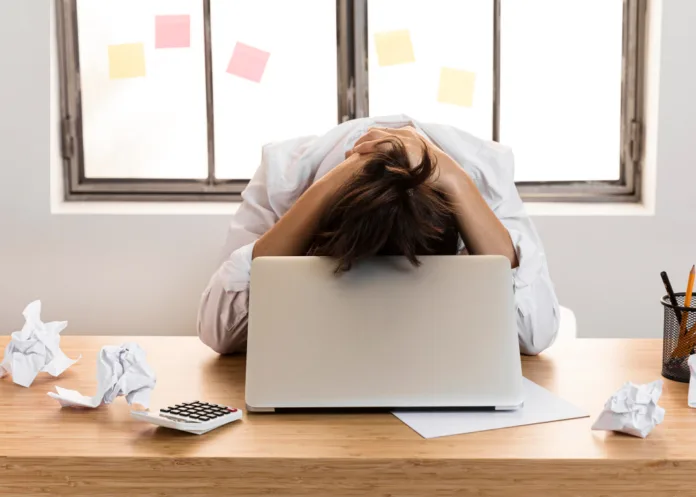In the fast-paced world of work, stress is a familiar companion, but where should we draw the line? Amidst rising stress levels among employees over the past decade, a 2023 Gallop report reveals that this year marks the second consecutive record for stress levels.
This surge in stress is giving rise to workplace burnout, a growing concern highlighted by research from the Trades Union Congress. With more intense working days, individuals find less time for personal lives, raising the risk of burnout.
Distinguishing burnout from everyday stress is crucial. Licensed psychologist Sarah Sarkis, PsyD, and licensed clinical psychologist Monica Vermani, PhD, shed light on burnout, emphasising its chronic physical and emotional exhaustion tied to the workplace. While not a medical diagnosis, burnout is recognized by the World Health Organization as an ‘occupational phenomenon.’
Recognizing burnout’s symptoms is key. From insomnia and aches to GI issues and detachment, the effects often extend beyond the workplace. The diminished sense of accomplishment and isolation are red flags, signalling the need for intervention.
To prevent burnout, setting boundaries and prioritising well-being is vital. Those in positions of power should foster a work environment that encourages a healthy balance. Sarkis suggests practising saying ‘no’ and being specific about needs when discussing boundaries with managers.
Embed from Getty ImagesRegular self-care, including mindfulness and movement, helps alleviate stress. Returning to basics like regular meals and adequate sleep is crucial. Seeking support from friends, family, therapists, or colleagues is encouraged.
Prevention is the best treatment for burnout. Recognizing the symptoms and intensifying self-care routines are initial steps. For professional help, mild symptoms may require a coach or therapist, while severe cases may necessitate a visit to a primary care physician.
Ignoring burnout can lead to escalated symptoms, impacting job performance, personal relationships, and overall well-being. Long-term untreated burnout may even lead to other mental health complications like clinical depression, underlining the importance of early intervention.
Differentiating between burnout and depression is crucial. While both can be debilitating, depression is a psychiatric disorder, and changes in work life may not directly impact its symptoms. Seeking guidance from counsellors or psychologists is recommended for those uncertain about their condition.
